Trending Now
Thursday, Nov, 2024
Home / IIT Madras To Develop A Low-Cost Bio-Aerosol Protection System
IIT Madras To Develop A Low-Cost Bio-Aerosol Protection System
The IIT, Madras in collaboration with the VIT, Chennai, Queen Mary University of London, the UK, and Magneto Cleantech will develop a low-cost Bio-aerosol Protection System...
 by Sukanya Prabhakar /
by Sukanya Prabhakar /  16 Aug 2021 14:52 PM IST /
16 Aug 2021 14:52 PM IST /  0 Comment(s) / 577
0 Comment(s) / 577
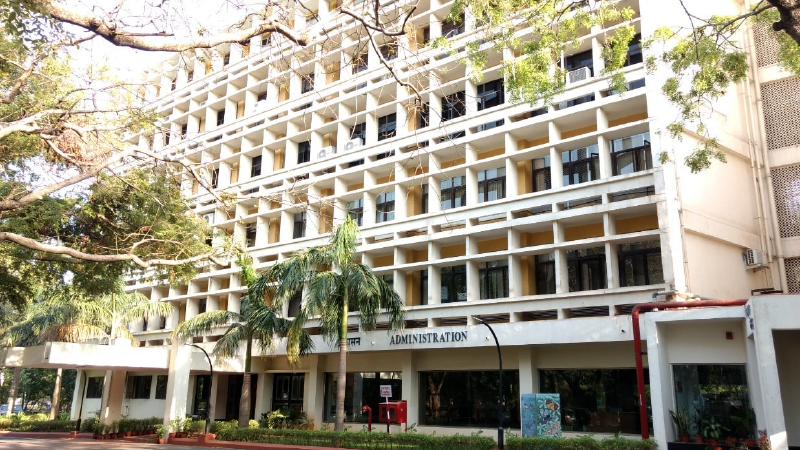
Image Courtesy : www.facebook.com/ReachIITM
The Indian Institute of Technology, Madras in collaboration with the Vellore Institute of Technology, Chennai, Queen Mary University of London, the UK, and Magneto Cleantech will develop a low-cost Bio-aerosol Protection System to prevent the spread of Coronavirus and Tuberculosis.
They will develop India-centric Air Sanitization Technologies and guidelines to prevent the spread and the system will be deployed in confined indoor places such as hospitals and offices to suppress air-transmitted diseases.
The Magneto Cleantech will help in the testing and implementation with real-time applications in various Indian surroundings.
The project will aim at developing an experimental air filtration system using 'Ultraviolet-C' radiation. It has a capability to enhance the efficacy of disposable viruses and other airborne pathogens. It will also reduce maintenance costs as compared to the other filters currently available.
Elaborating on the current status of the project and expected field deployment, Project Coordinator Prof. Abdus Samad from the Dept of Ocean Engineering, IIT Madras, while elaborating on the project's current status, informed that the Institute aims for collaborative research to solve societal issues. The Institute started research to disinfect air for indoor conditions after the announcement of the Royal Academy of Engineering of the UK for international collaborative works linking to industry, added Samad.
The Professor in School of Electrical Engineering, VIT, Chennai Prof. Nithya Venkatesan informed that the prototype's design will be based on multidisciplinary optimization, fluid dynamic analysis, and novel innovations in UVC (Ultraviolet-C) sensors, arrangements, and controls developed by leading Indian and UK researchers. The team will also look for procedures to monitor the performance in real-time environments through new-age bio-sensing and simulations, added Prof Nithya.
The project is being funded by the Royal Academy Engineering (RAENG), UK, under the scheme 'Transforming System through Partnership'. The project's total budget is about A80,000for the duration of 02 years from April 2021 to April 2023. The participating organizations are also supporting the partial funding.
This research will also involve a great educational training element providing opportunities to students from both the countries.
@iitmadras collaborates with @ChennaiVit, @QMUL 7 & @MagnetoCTech to develop a low-cost Bio-aerosol Protection System to prevent the spread of COVID 19 & TB. This system is aimed to eliminate airborne pathogens & prevent their spread in confined indoor spaces #airpurifier pic.twitter.com/B14l55vzCe
— IIT Madras (@iitmadras) August 12, 2021

EShort / February 16, 2024
IMS Noida Admissions 2024: Apply for UG, PG programmes

EShort / February 16, 2024
GATE 2024: Response sheet out

EShort / February 16, 2024
BSSTET 2023: Admit card released

EShort / February 16, 2024
NID DAT 2024: Prelims result released

EShort / February 16, 2024
IIT JAM 2024: Response sheet released
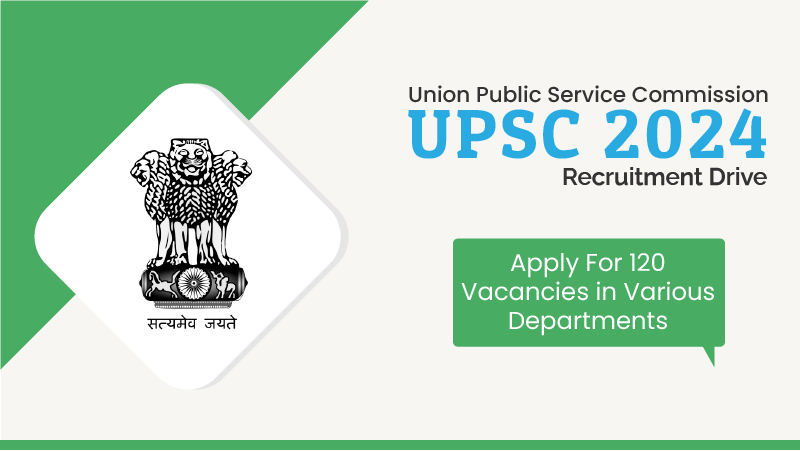
Jobs / February 16, 2024
UPSC Recruitment Drive 2024: Apply for 120 vacancies in various departments

EShort / February 14, 2024
UPSC CSE 2024: Official Notification issued; application process begins

Editor's Desk / April 17, 2020
How Does Society Impact Our Education?

Current Affairs / April 22, 2020
Mr. Sudarsanam Babu appointed to U.S. Science Board.
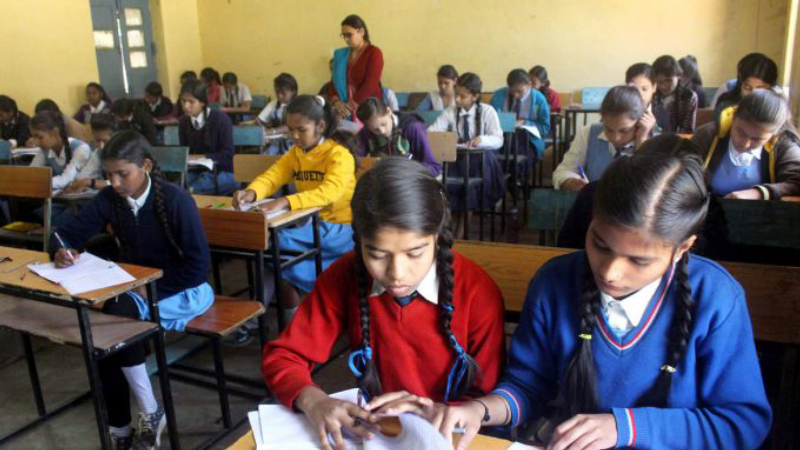
Reforms / April 17, 2020
Traditional Structure of Education In India
.jpg)
Events & Seminars / April 17, 2020
PISA!!
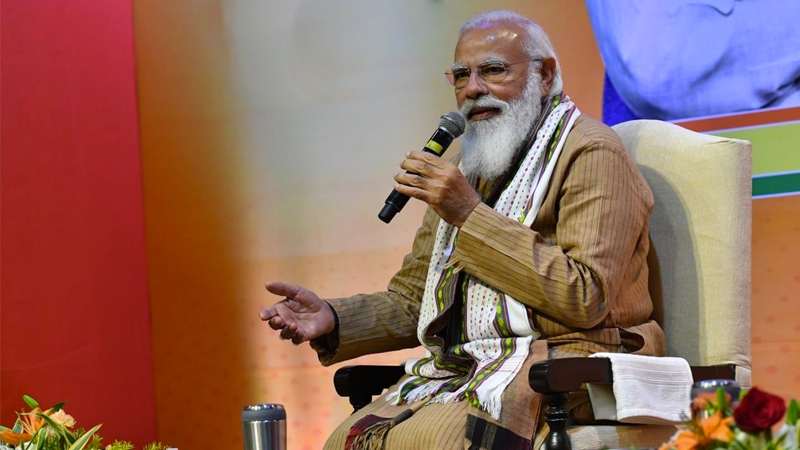
Blog / February 26, 2021
Government's Action On #ModiRojgaarDo

EShort / May 19, 2022
CUET PG 2025 has started the registration process.

Notice Board on Important Dates / April 21, 2020
World Heritage Day

News / July 08, 2021
JEE Mains Registration For Session 3: Last Date To Apply

EShort / December 14, 2021
UPSC Declared Final Result For DCIO Recruitment


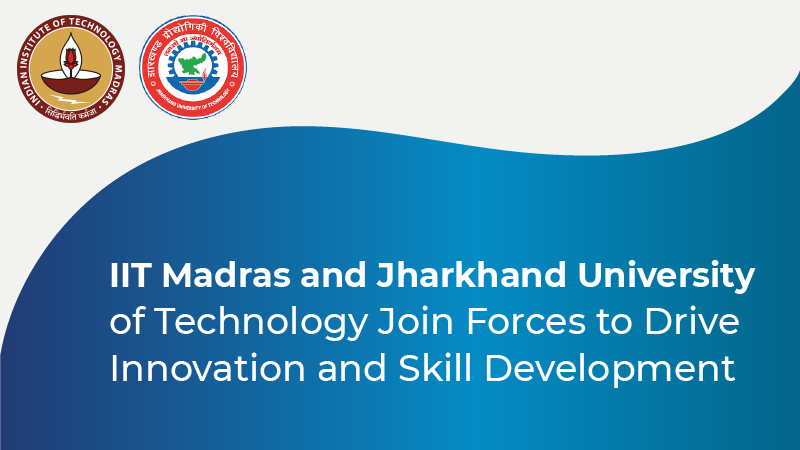
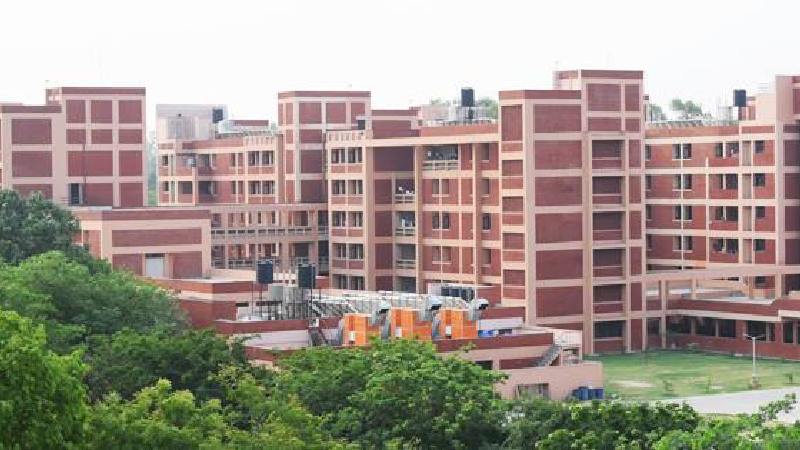
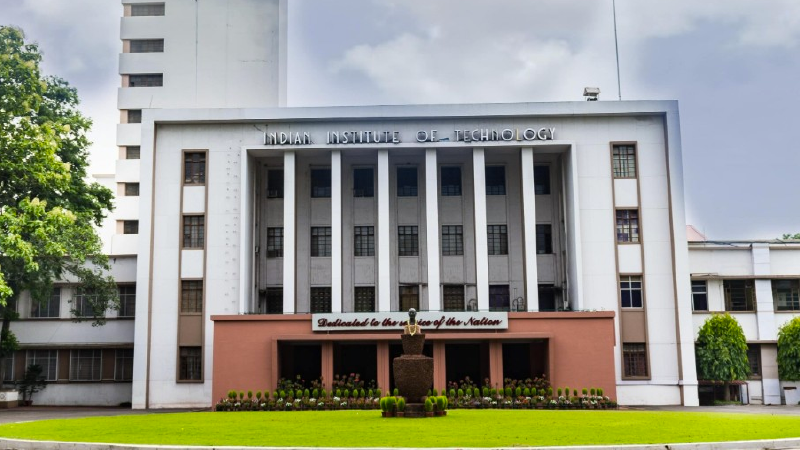
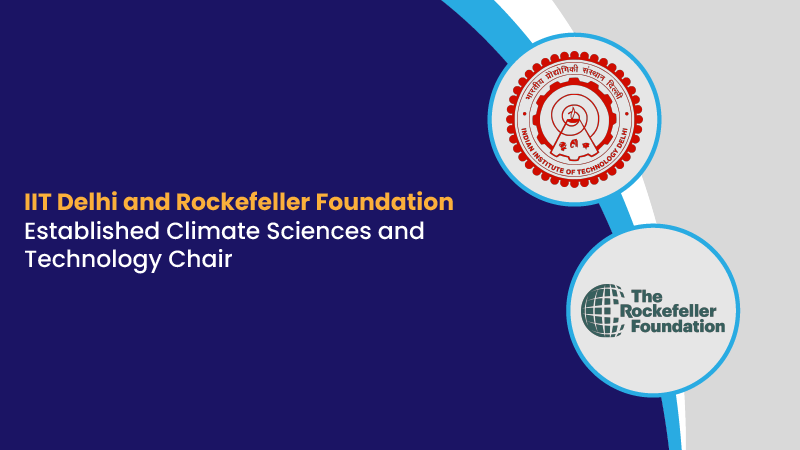
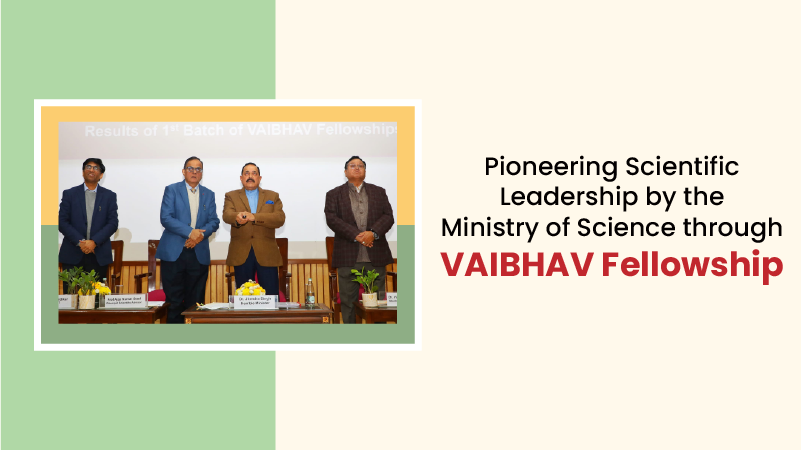
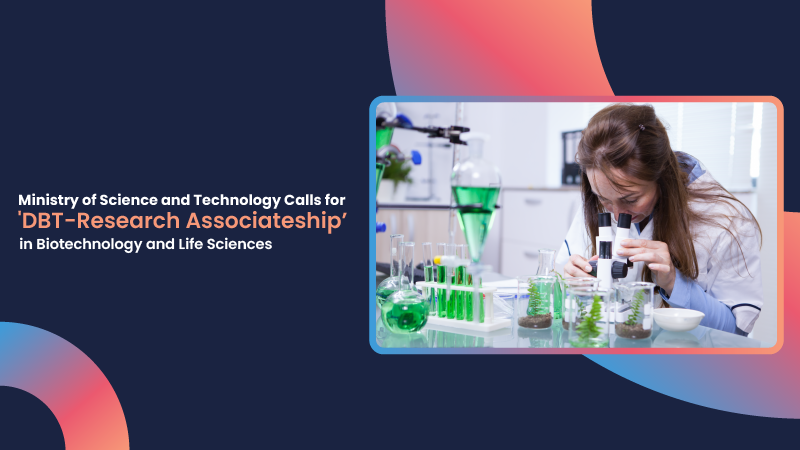


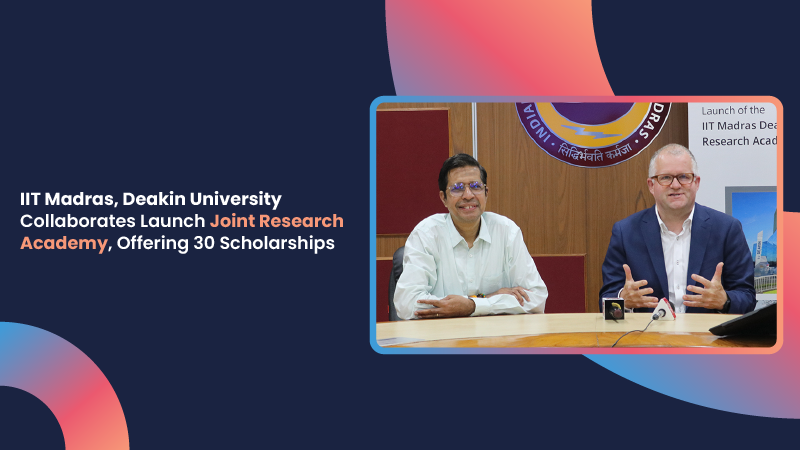
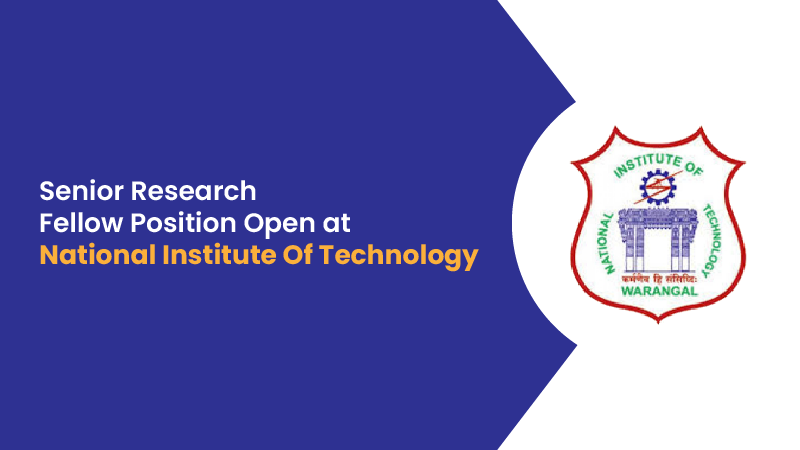
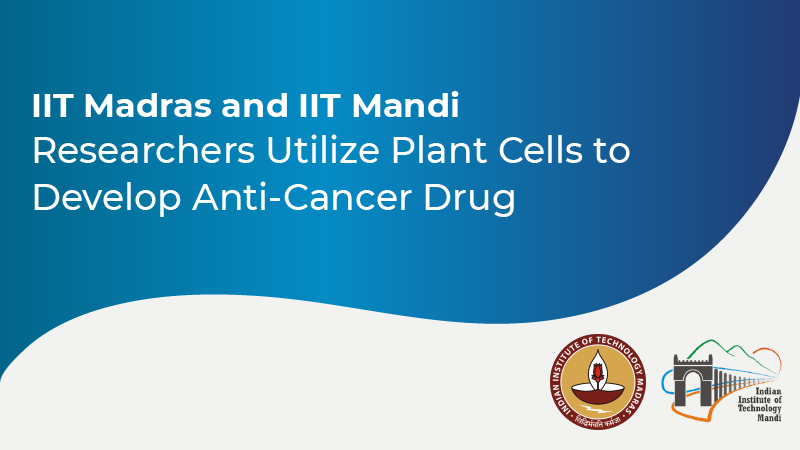
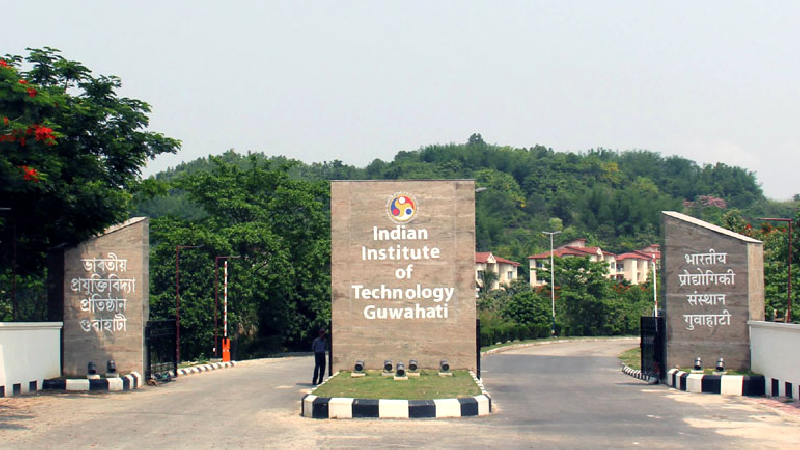
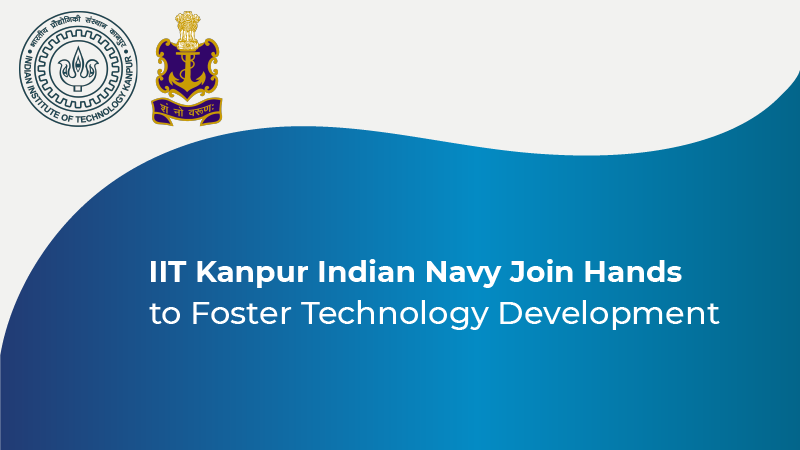
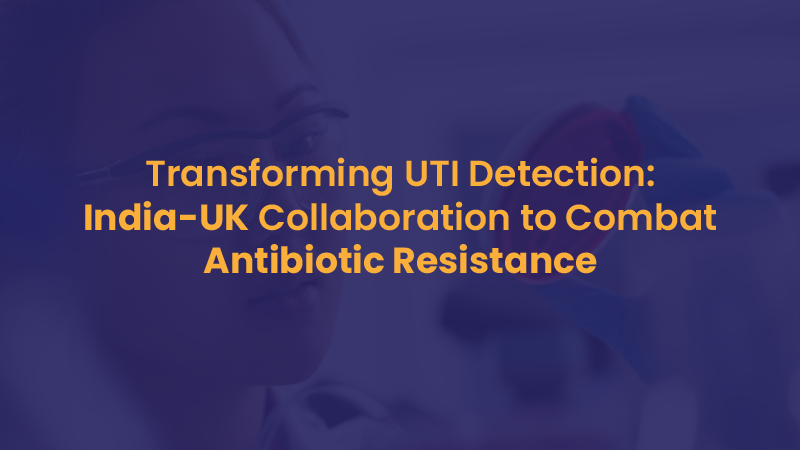
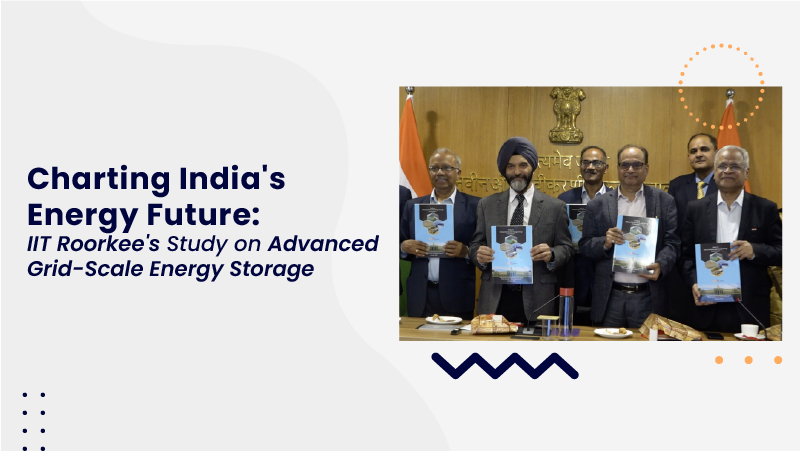

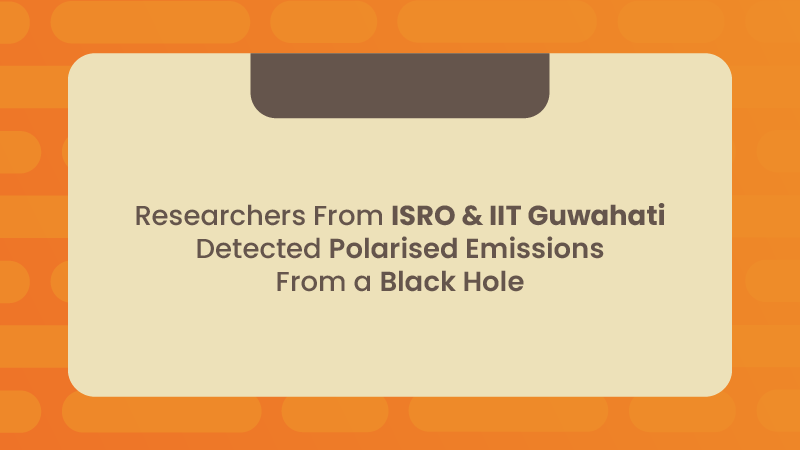
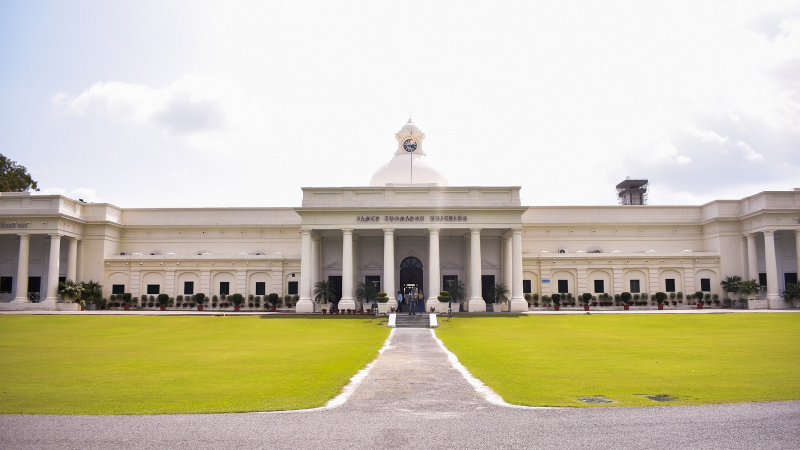
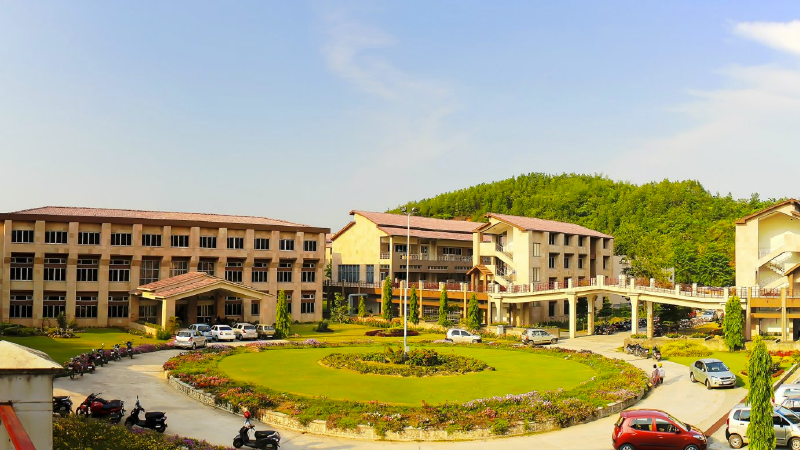
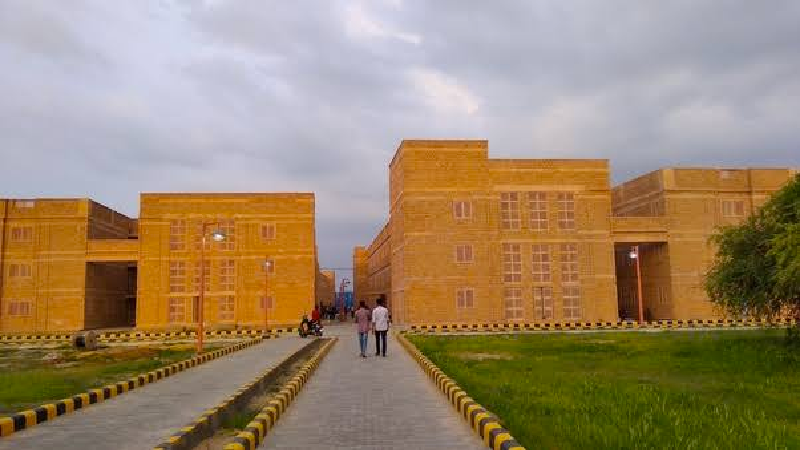
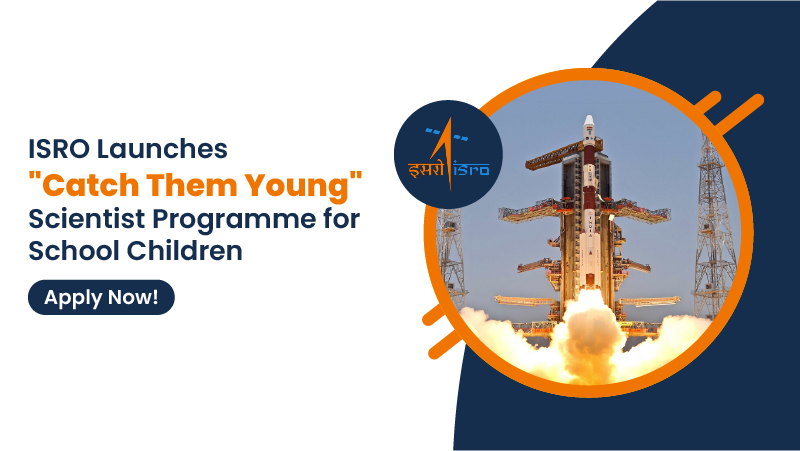
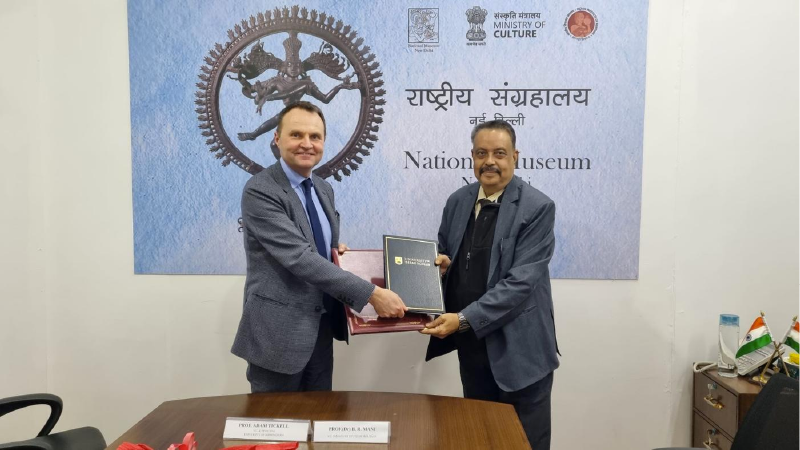
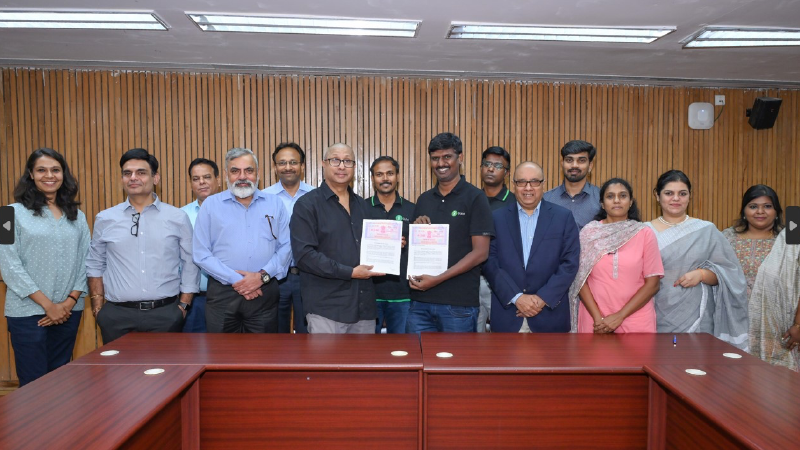
, Madras.jpg)
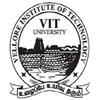

0 Comments
Post Comments